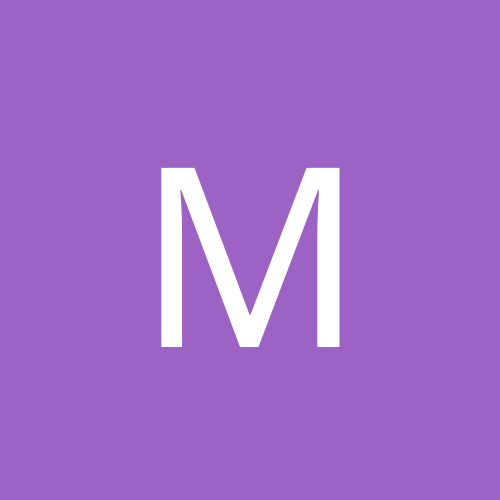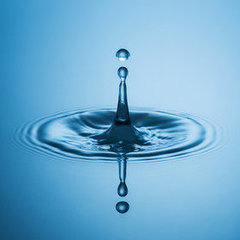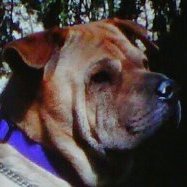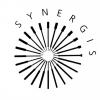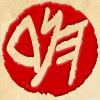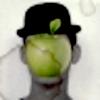Search the Community
Showing results for tags 'yijing'.
Found 9 results
-
This paper basically states that Daoism and Yijing comes from Indo--Europeans. Is this even possible? Can this be true? https://www.researchgate.net/publication/350522856_Indo-Europeans_in_the_Ancient_Yellow_River_Valley?_sg[1]=
-
riding the never-ending-change-wave, i find myself here interested in yijing, qigong, taiji, art, poetry, theatre, zen, dao and like-minded stuff going to wall-flower a bit to watch the dance and feel the breeze till i have something to say best wishes and peace and thank you for having me
-
I got some strong back pain from a system i practiced which had 3 physical parts to it (dantian gong , wuji stance, stretching) , so i stopped all i do , and started to do Yijin divinations to check what i should start doing again and what not to return to - and considering adding some new meditative non physical parts of that system i didnt do before - the questions i asked (not i order i asked) and the results : 1 ."Did the stretches i did up until now did me good ? should i get back to doing stretches ? how ?" Hexagram: 64 , Changing lines (1,4) -> Result 41 Hidden 63 after been told the above is not good cause its a yes/no type changed it into : 2 . "What is the impact of the stretches i did up to know on my health ? " H : 61 C : (3,5,6) R : 11 Hid :37 3 ."What is the effect of the WUJI stance i did on my health ? and what i should do about it ?" H : 64 C : (2,3,4) R : 52 Hid :63 4 . "What effect did lower dantian work had on my spine ? if i return to it what effect will it have on my spine?" H : 56 C : (2,3,6) R : 40 Hid : 28 5 ."What was the effect of the system i practiced on my health ?" H : 28 C : (3) R : 47 Hid : 1 6 . "What changes i need to do in my practice for my spine ?" H : 24 C : (1) R : 2 Hid : 2 *** i am not sure at all how to interpret this cause im new to yijing .... if someone can help this can be great , not expecting someone to reply to all - even if just replying to one divination result it can be great help
- 1 reply
-
- yijing
- divinations
-
(and 1 more)
Tagged with:
-
Hi bums! I've been reading here for about a year and the time has come for me to join your ranks. I'm looking for counsel from a fellow devotee of the Yijing. Looking forward to hearing from you all! -Elliot
-
What is the relationship between the Yijing and Daoism, in general? This may seem like an odd question but one that I need some guidance on. Somewhere ... and I can't recall where but pretty sure in was in TDB ... I think I recall someone stating that the Yijing was really not a Daoist writing. This statement ... or my misinterpretation of some statement ... has been stuck in the back my head and been haunting my study. I have always considered the Yijing as part of the greater idea of daoism. Is there any basis for thinking it is not? What is the generally accepted sense of positioning the Yijing relative to Daoism? Any guidance, greatfully appreciated.
-
I practice since i was 11 some 40+ years ago. Half of the time i had no clue. but i build my skills, even did write some books that were published but that iI would now burn. for 15 years I lived in Wudangshan Travelling with my teacher and learning in direct contact with dao family. I run a school since 1995, but most people consider my practices to much work. I teach and practice acupuncture, massage and dietary practices. I am building a vlog on daoist practices and health called Daoland. It is in dutch, although maybe i should do it in English too. What else can i say? I use theory to support practice. I follow the five rule my first teacher Liu Dong An suggested: 'practice standing, practice movement, practice sitting, practice whirwind, be academic in your study', He also said to 'never practice less than 4 hours per day, never be happy with less than 8', and : 'eat less, sleep less, stay clean, keep feelings and desires inside, and at least appear common'.
-
Hi Bums, As some of you know, I just love comparing the metaphysical systems of different times and cultures with one another. Frequently, I find that they have central ideas in common. Thus a comparative approach tells us more about the Collective Unconscious, shared by all of humanity. Looking at an Archetypes from a variety of different perspectives serves to illuminate and amplify it further. Chapter 50 of the Daodejing seems to be a good example for what I mean. From Robert Henricks' translation: Now, the Death card in Tarot is the thirteenth of the Major Arcana. The traveller who comes out into life and goes back into death is The Fool. He stands both at the beginning and the end of the series of the Major Arcana, so he can be attributed with both the numbers 0 and 22. Cards that share the same checksum are seen as related with each other, like Death and The Fool, since they can both be reduced to the number 4. The fourth of the Major Arcana which is The Emperor. He is another important Archetype in Daoism, but we will safe him for later and stay with The Fool. The Fool is the eternal spiritual seeker, the original Tarot Bum undertaking the adventure of Individuation. He represents our childlike and spontaneous nature that we start out and hope to end up with. He is the wandering Daoist sage so prevalent in both Lao Tzu's and Chuang Tzu's writings. Ideally, he in fact attains (a kind of) immortality. Chapter 50 of the Daodejing continues: As we see above, the tiger indeed cannot injure The Fool. He is protected by his spiritual "innocence" or state of wu wei.
- 4 replies
-
- 7
-

-
- Archetypes
- Collective Unconscious
- (and 8 more)
-
I'm looking to pick up Edward Shaughnessy's translation of the pre King When version of the yijing found in a tomb near Mawangdui. Here is the question though. He has two books on it. The first one is just called I Ching (Classics of Ancient China). It's description says that it is a translation of the yijing found at Mawangdui. This is what I want, but his second book Unearthing the Changes: Recently Discovered Manuscripts of the Yi Jing and Related Texts, says it also has the translated yiching as well as other texts. I would like to get the Second book, since it seems to have more. But my fear is that it's yijing translation might be trimmed down to fit it in this book with all the other stuff. So what I am hoping is that someone on this site has seen both of them and can tell me that the book titled Unearthing the Changes has the same amount of content on the yijing as the one just titled I Ching. Thank you in advance for any help.
-
After a few months of generating hexagrams, roughly once every few weeks, I've started looking for long-term patterns in the sequence by plotting them in a dated line. There are some 'strange' (ie. less than random) patterns in places I've noticed; generally I'm a fairly critical person who tries to understand the probabilities of the world, but here I'm left wondering. Is this something anyone else has done or could offer any advice/pointers on, in terms of divination across readings? Happy to discuss specifics too, although I'm always a bit wary of breaking the 'personal' connection with it.

